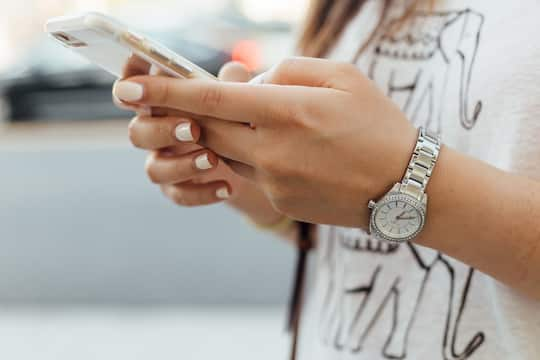Twenty percent of women and 12 percent of men report losing sleep because of this.
People increasingly blame their phones for sleep loss, low productivity and risk-taking while driving, new research finds.
Twenty percent of women and 12 percent of men report losing sleep because of time spent on their mobile phone.
In women, these figures have increased by a multiple of 8 since 2005.
The results come from a survey of 709 Australians in 2018.
The answers were compared with those given to the same survey in 2005.
The results of the survey included:
- Around 13 percent of people said their phone affected their productivity.
- Around 10 percent try to hide their high phone usage from others.
- About 20 percent said they would rather use their phone than deal with pressing issues.
Dr Oscar Oviedo-Trespalacios, the study’s first author, used the phrase ‘technoference’ to describe the phenomenon:
“When we talk about technoference we’re referring to the everyday intrusions and interruptions that people experience due to mobile phones and their usage.
Our survey found technoference had increased among men and women, across all ages.
For example, self-reports relating to loss of sleep and productivity showed that these negative outcomes had significantly increased during the last 13 years.
This finding suggests that mobile phones are potentially increasingly affecting aspects of daytime functioning due to lack of sleep and increasing dereliction of responsibilities.”
Australia now has one of the highest levels of smartphone usage in the world, with 88 percent of Australians owning one.
Dr. Oviedo-Trespalacios said:
“The speed and depth of smartphone take-up in Australia makes our population particularly vulnerable to some of the negative consequences of high mobile phone use.
Rapid technological innovations over the past few years have led to dramatic changes in today’s mobile phone technology—which can improve the quality of life for phone users but also result in some negative outcomes.
These include anxiety and, in some cases, engagement in unsafe behaviours with serious health and safety implications such as mobile phone distracted driving.”
The study was published in the journal Frontiers in Psychiatry (Oviedo-Trespalacios et al., 2019).

